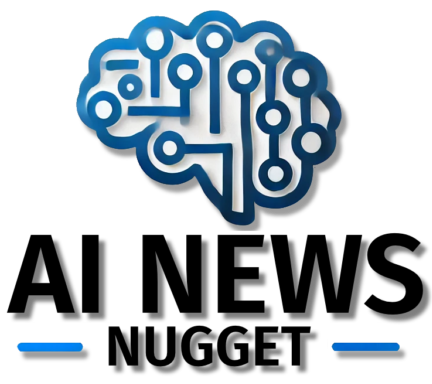Picture this: It’s midnight, and a high school senior is hunched over their laptop, desperately trying to craft the perfect college essay. But instead of furiously typing, they’re… chatting with an AI? Welcome to the brave new world of college applications in 2024.
A recent study by Seattle-based education research organization foundry10 has pulled back the curtain on a trend that’s quietly reshaping the college admissions landscape. Turns out, about 30% of surveyed students and teachers are turning to AI tools for help with college essays and letters of recommendation. It’s like having a 24/7 writing tutor, minus the caffeine jitters and exorbitant hourly rates.
But before we start celebrating this digital academic revolution, let’s break down how these silicon-based Cyranos are being employed:
- 50% use AI for brainstorming ideas (because writer’s block is so last century)
- 48% for spelling and grammar checks (farewell, squiggly red lines)
- 47% for creating essay outlines (structure is overrated, right?)
- 32% for generating the first draft (why start from scratch when you can start from binary?)
- 20% for producing the final draft (bold move, Cotton. Let’s see if it pays off)
Now, if you’re clutching your pearls and muttering about the death of academic integrity, take a deep breath. The study, led by senior researcher Jennifer Rubin, suggests that activities like brainstorming and spell-checking are generally seen as ethically acceptable. It’s when AI starts penning entire drafts that eyebrows start rising faster than college tuition rates.
But here’s where it gets interesting: there’s a glaring double standard at play. While students are getting side-eye for using AI, 31% of teachers admitted to using it for writing letters of recommendation. Their justification? It’s a time-saver. Apparently, when it comes to AI, it’s “do as I say, not as I do” in the hallowed halls of academia.
This hypocrisy was beautifully illustrated in an experiment within the study. Participants were asked to rate two hypothetical students: one assisted by ChatGPT, the other by a human tutor. Despite acknowledging that AI is more accessible, they rated the AI-assisted student as less competent and likable. It’s like judging a fish by its ability to climb a tree, except in this case, the fish is using a jetpack, and we’re all confused about whether that’s fair.
But let’s zoom out for a moment and consider the bigger picture. As Rubin points out, drawing from her own experience as a first-generation college student, AI tools could be the great equalizer in college admissions. While they’re not a magic wand, they could democratize access to resources traditionally reserved for those who can afford private tutors or expensive college prep courses.
Think about it: tools like Khan Academy’s Khanmigo can offer guidance similar to a college admissions coach, but without the hefty price tag. It’s like having a pocket-sized guidance counselor, minus the outdated motivational posters and vague life advice.
However, this potential for leveling the playing field comes with its own set of challenges. How do we ensure authenticity in AI-assisted applications? Are we shortchanging students by allowing AI to do the heavy lifting? And what about students who don’t have access to this technology – are we just creating a new digital divide?
As we navigate this brave new world of AI-assisted applications, it’s crucial to remember that technology should enhance, not replace, human potential. The goal of college admissions isn’t just to select students who can write a good essay (or prompt an AI to do so), but to identify individuals who will contribute to and benefit from the college experience.
In the end, perhaps the real test isn’t how well students can use AI, but how well they can think beyond it. After all, isn’t education about learning to ask the right questions, rather than just finding the right answers?
So, dear reader, as you ponder these digital dilemmas, I leave you with this question: In a world where AI can help craft the perfect college essay, what truly sets a student apart? Is it their ability to use technology, or their capacity to bring a uniquely human perspective to an increasingly automated world?
Stay ahead in the fast-evolving world of artificial intelligence with AI News Nuggets Newsletter. Our newsletter delivers clear, concise, and actionable AI news designed for everyone interested in AI. https://www.prymeai.com/ai-news-nuggets/
